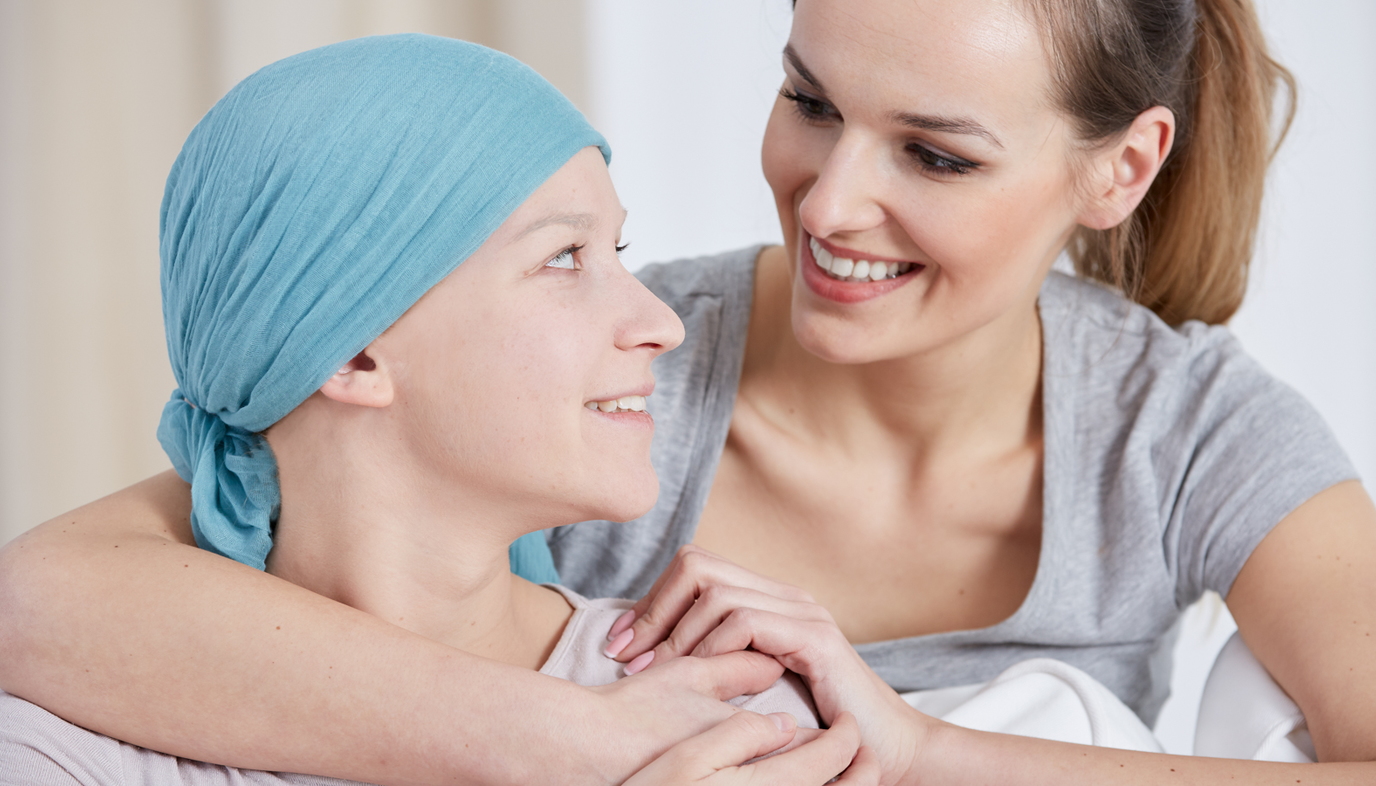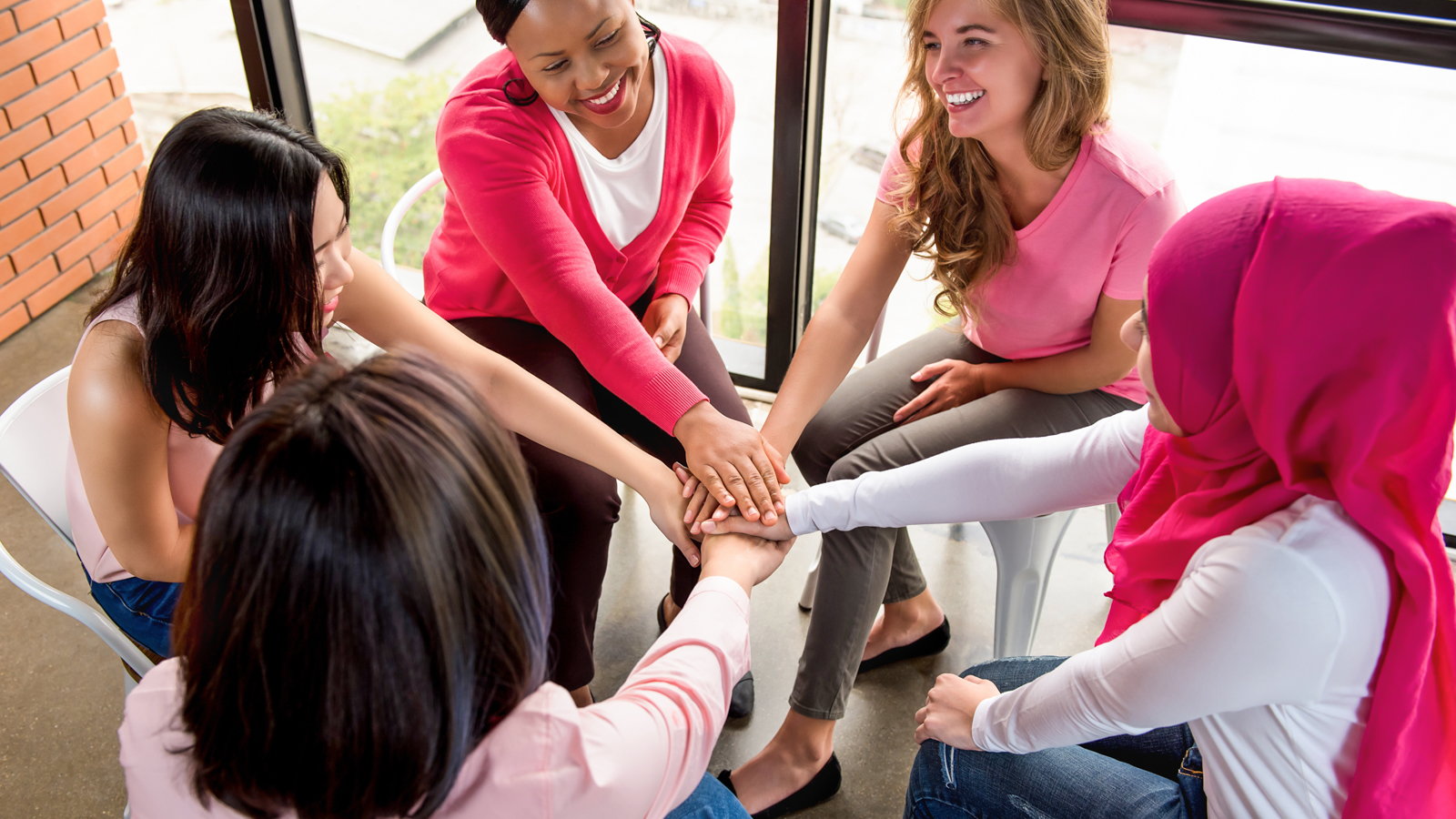
I met my friend Nancy when we both lived in Findlay, Ohio in the early 1980s. When Nancy moved to North Carolina, we continued our friendship through letters. In a letter from Nancy in November 1999, she said, “It has been a strange couple of weeks. I found a lump in my breast just before Thanksgiving, went to my doc who decided he couldn’t feel it, but I should go for a mammogram anyway. The mammogram showed the lump and then some…..the surgeon did a core biopsy last week and they found the lump was cancerous.”
Hearing A Friend
Nancy didn’t want her illness to be called a “battle” or “fight;” she wanted to call it a “chronic disease.” Throughout the next four years, she tried her best to keep her life and family the same as it had always been. So what should a friend, far-away, do when their friend has cancer? Send gifts -- Often. We decided to send gifts to Nancy. We tried to send something to her at least monthly, but we often sent something every other week. We had so much fun deciding what Nancy might like. It gave us something positive to do, and Nancy liked receiving the gifts.

She came to visit us in the summer of 2000, as she was leaving, she gave me a hug and whispered in my ear, “The gifts are great!” We sent books for her to read, tapes for her to listen to, warm socks in the winter, comfortable lounging clothes, flowers, easy-to-make dinners, and anything that she might mention to us. At one point, she wanted to hang crystals in her dining room window, to create multiple rainbows. We found about a dozen antique crystals of varying shapes and sizes and sent them to her.
Being A Listening Friend
Be a listener, not a questioner: I was once pretty sick, myself, and it was feared that I might die. I got very frustrated that everyone who called me asked first, “What did the doctor say today?” I got so tired of repeating the facts and focusing on the illness. When I was talking to Nancy or writing to her, I talked about regular, everyday things. I talked about how my children were, how my work was going. I asked her to help me with things, just as she had always. For example, she reviewed and helped to edit the books that I was writing at that time. I let Nancy decide if she wanted to tell me anything about doctor visits or her symptoms. She normally did, but it was her decision. My family and I miss Nancy greatly, but we also have good memories of those last four years of her life.
About the Author
Ruth Haag writes books that help people to understand life as it is, rather than how they think it should be. Her book, "Hope all is well there, Love, Nancy" is a collection of the letters that Nancy Caplan wrote to Ruth during Nancy’s last four years of life. Ruth is the CEO/CFO of Haag Environmental Company.
